My daughter asked me this morning about Caster Semenya and it didn’t make me afraid.
I didn’t feel afraid that if I talked about this famously intersex athlete that somehow my daughter would become frightened and confused about the world she lives in.
When my daughter asked me whether Caster was a man or a woman and what testosterone meant, I simply told her.
I said she is a woman but she was born intersex, which means she has some organs associated with a man – in her case, internal testes that produce testosterone.
LISTEN: Kate de Brito takes a measured approach to Caster Semenya on the Mamamia Out Loud podcast. (Post continues…)
I told her that although women also produce testosterone, it is primarily a male hormone. It affects muscle size and strength. In other words, it plays a part in what makes men stronger and faster than women.
We had a look at some photos of her.
“She does look a bit like a man,” my daughter said.
Yes she does, but then women come in all shapes and sizes. Some women are very muscular, particularly athletes. But she is a woman and she’s racing in a woman’s race at the Olympics, but because she has higher quantities of testosterone than most women, people are questioning whether she should be racing.
She’s going to throw so much shade on the track next week! Halala, Sisi! Make us proud. #HandsOffCaster @caster800m pic.twitter.com/gpiNBFNY4S
— Pieter Howes (@PieterHowes) August 13, 2016


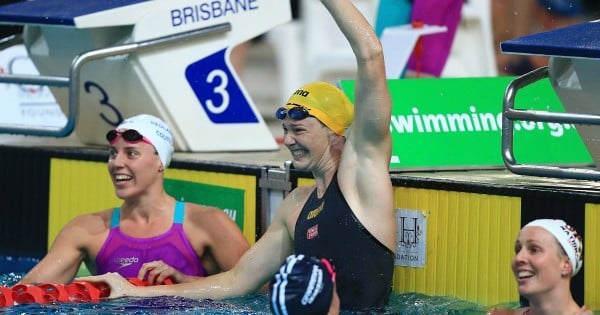
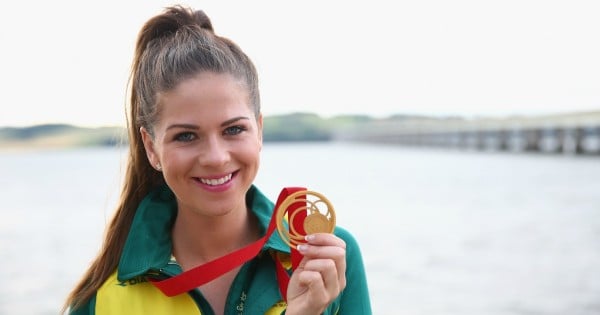
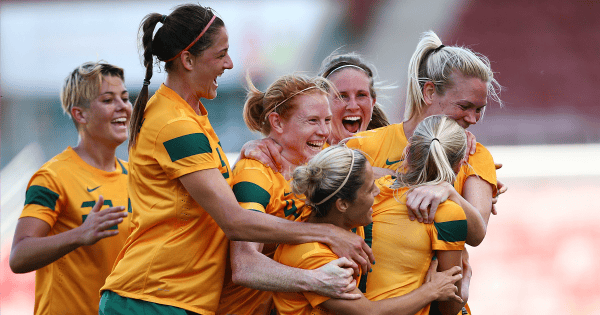
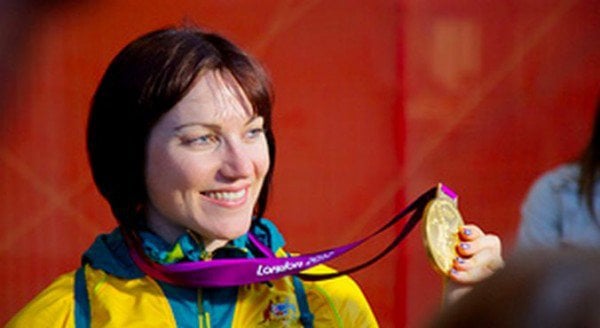
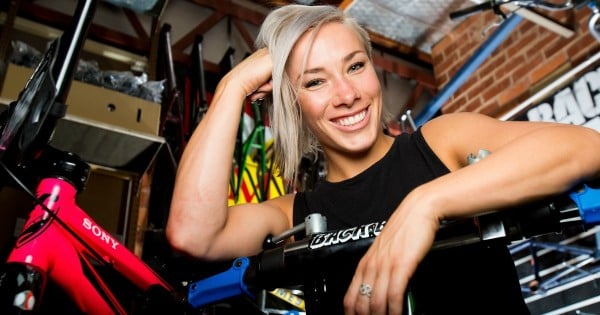
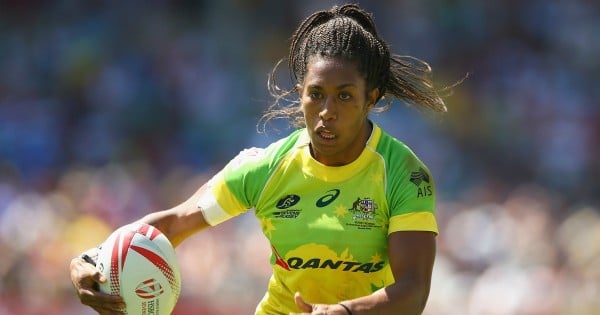
Top Comments
In my life I have met and known many intersex people. Intersex people are an everyday part of our communities. We may not see it or acknowledge it. Diversity isn't a conversation at all. It should be the way we live our lives, i.e. we all different, everyone is equal bla bla. I don't get the need for the special conversation or even labelling it difficult. All bodies are different, children should be taught this from pre school ages. The article talks about "this is not about campaigners for gay rights (or something like that). I must be sleep deprived because I think that comment has no place in this discussion. What has gay rights got to do with being intersex?????
Agree wholeheartedly. Kids don't need to be "protected" from facts of life